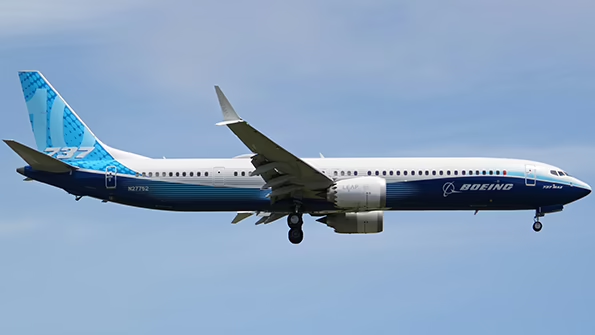Boeing CEO Open to Shelving 737-10 Amid Political Standoff

Credit: Joe Walker
Just imagine for a moment if Boeing did not build a 737-10 after all? What would that do to its share of the single-aisle market? How would that affect pricing for the Airbus A321neo, which would be left with a monopoly at the upper end of the narrowbody market, and airline fleet plans? Would it...
Subscription Required
This content requires a subscription to one of the Aviation Week Intelligence Network (AWIN) bundles.
Schedule a demo today to find out how you can access this content and similar content related to your area of the global aviation industry.
Already an AWIN subscriber? Login
Did you know? Aviation Week has won top honors multiple times in the Jesse H. Neal National Business Journalism Awards, the business-to-business media equivalent of the Pulitzer Prizes.




